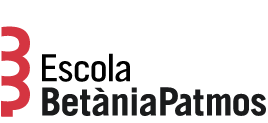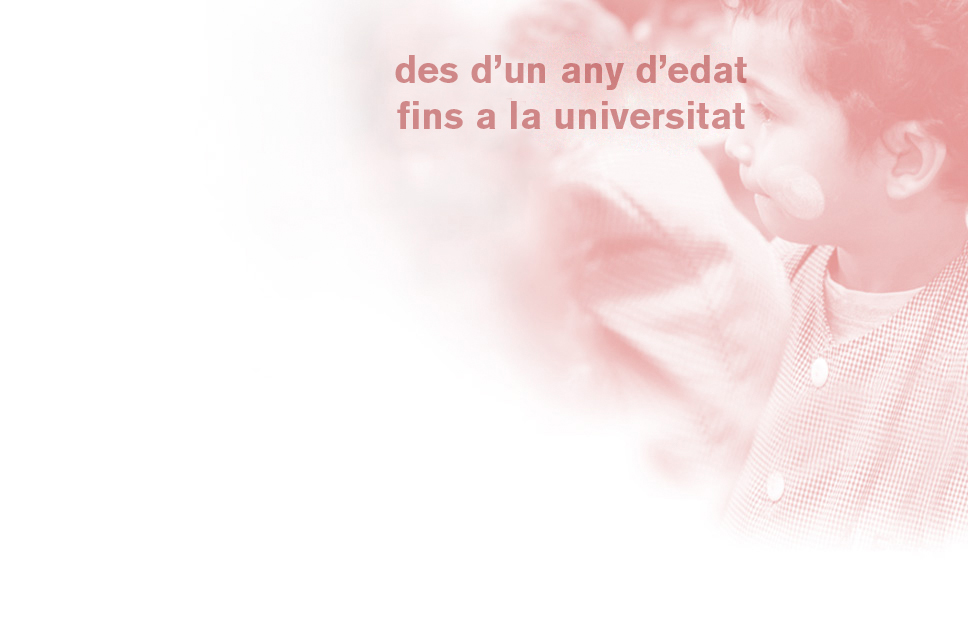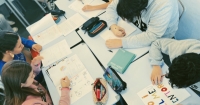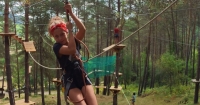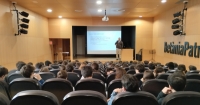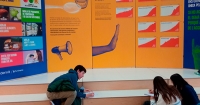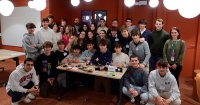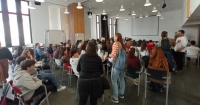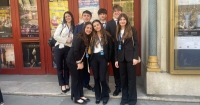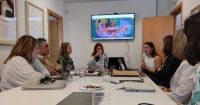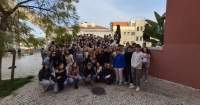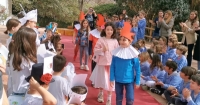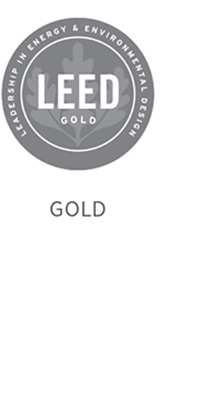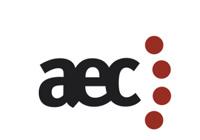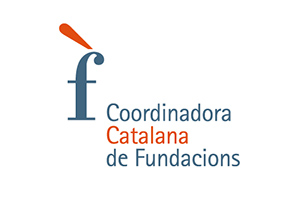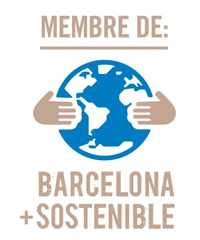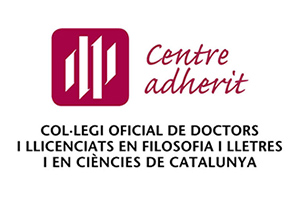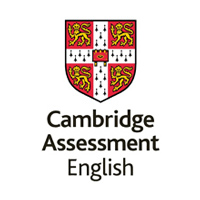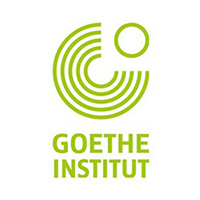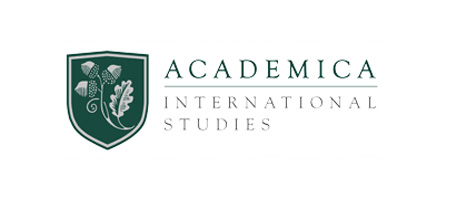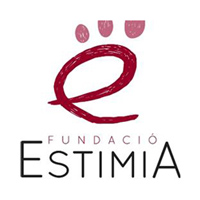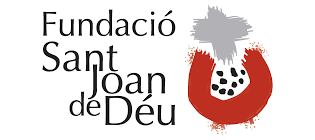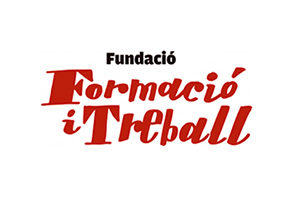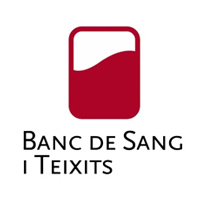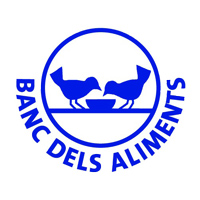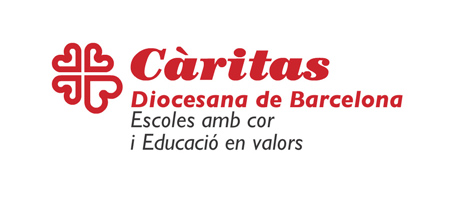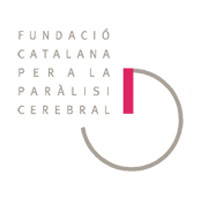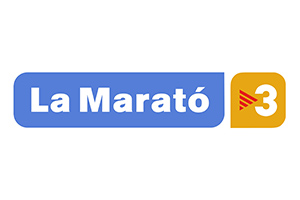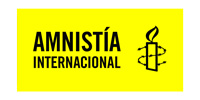I a més ...
- Details
- Created: 25 September 2013
The final stage of compulsory secondary education, between 12 and 16 years of age, is the so called Obligatory Secondary Education (ESO) and is characterized by being the breaking point with primary education and ongoing studies. The pupils change from a learning model where the class teacher is the focal point to a model coordinated by a class tutor but involving specialist teachers. Together, the section is made up of four years from 1st to 4th ESO.
By way of the class tutor, the school helps the pupils and families to integrate into secondary school,In ESO is consolidated in a climate for learning, intellectual curiosity, personal effort and academic rigourto consolidate the new groups and give personal and academic guidance so that the new pupil can face up to more complex learning processes while becoming more independent in taking personal and academic decisions. Class tutors are designated seven hours of time to attend to their group both in ESO and Sixth Form.
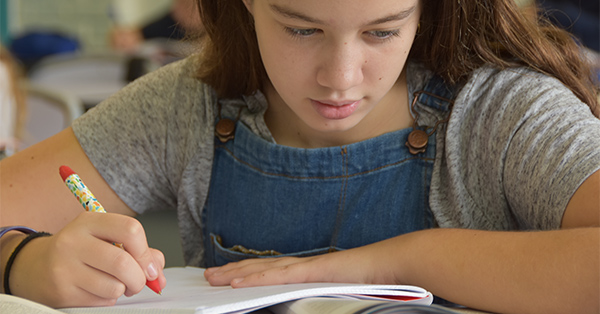
The school clearly orientates its pupils to higher education, and thus, ESO advances towards an excellent all-round education which is consolidated in a climate for learning, intellectual curiosity, personal effort and academic rigour.
The school wants its pupils to attain a high level of communicative skills and, as mentioned above, we have successfully introduced the teaching of other subjects in English (EICLE) over and above the normal English classes in the curriculum. One of our final goals is for all pupils to pass the Cambridge First Certificate in English by the end of 4th grade ESOFurthermore, we encourage pupils of 2nd year ESO to participate in a term-long stay in selected schools in the UK in collaboration with an external organization. To this end, one of our final goals is for all pupils to pass the Cambridge First Certificate in English by the end of 4th ESO. Obviously, pupils continue studying a second foreign language, German or French, which began in 6th grade of primary education.
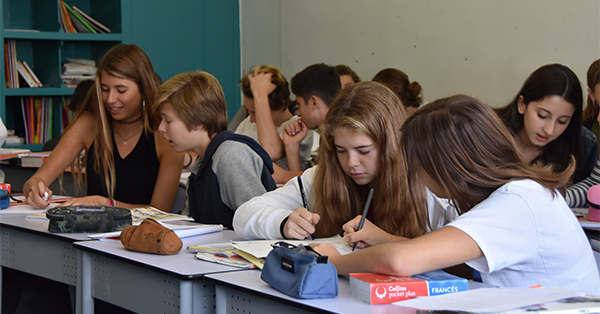
It is our firm belief that the knowledge of languages will be of the upmost importance in our pupils’ lives and that this language acquisition should be complemented with formal oral skills in Catalan, Spanish and English. To this end, speech-making is an important part of the curriculum with the aim of all pupils being able to speak in public correctly and efficiently either in public lectures, presentations of work assignments, reciting, poetry or, in fact, any required situation, even outside of the school or before an unacquainted public.
The school’s policy on information, learning and communication technologies is that they should be freely available to our pupils, and as such, their use in classes and workshops is on the rise. The learning process is closely linked to projects that are in collaboration with the IT department and other subjects in such a way that those who come up to secondary school use this technology as an essential tool for expanding skills in specific learning areas and is not just an end in itself.
Basic computer skills, which are essential in any academic of professional area, are consolidated at this stage and are the stepping stones towards programming skills that will be used in technological applications associated with robotics. High levels of audio-visual skills are also attained and used in any of the numerous projects at hand via laptops, ipads or interactive whiteboards.
With the aim of contributing to the learning process and attending to special needs, BetàniaPatmos has support programmes in reduced groups for pupils with specific educational needs in Mathematics, English, French, German, Speech-Making, Natural Sciences, Physics, Chemistry, Technology and Laboratory work. For those pupils who spend a considerable time abroad, a revision programme is being considered to help them catch up with their classmates and with the general pace of the course.
An all-round education should not forget how important Physical Education is in the syllabus. Pupils are coached in swimming, encouraged to take part in after-school team sports and receive a wide range of information on nutrition, health and eating habits in collaboration with the Alícia-Món Sant Benet Foundation.
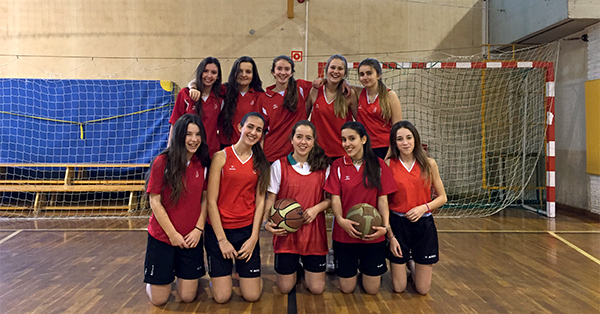
We want our secondary school pupils to take control of their personal identity within the framework in which they live. It is for this reason we motivate them to take part in competitions, We want our secondary school pupils to take control of their personal identity within the framework in which they liveexchange programmes and external exams to put themselves to the test, to take part in enriching encounters as it gives them the opportunity to share their experiences with the rest of their colleagues or with those in other organizations. It is here, for example, where they participate in charitable sporting events and these intrinsic values are shared amongst all.
In this manner, we also participate in other projects associated with the Tr@ms Foundation; we have taken part in the First Lego League of robotics; we encourage pupils to take the DELF French exams or Fit in Deutsch, in German; we incentivize them to participate in Maths tournaments organised by the Catalan Society of Mathematics which comes under the Catalan Institute of Studies; we help to make other musical and sporting interests compatible with their studies based on the guiding principle of offering diversity in education. In general, we give them the possibility of learning about and participating in any activity that our cultural environment offers.
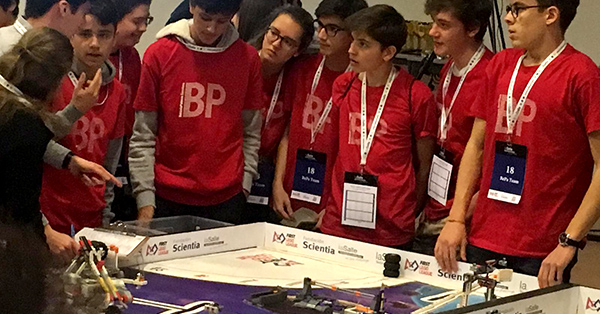
If you want to see all the news about Secondary Education, click here
